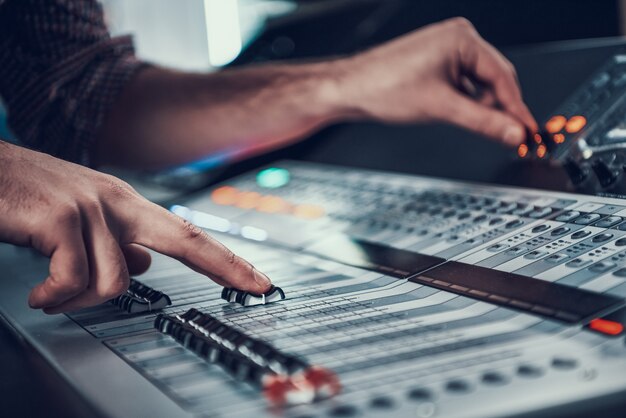Impact of A I in Music Production
Artificial intelligence (AI) is rapidly changing the music industry, and its impact on music production is no exception. AI is being used to automate and streamline many aspects of the music production process, from generating new ideas to mixing and mastering tracks. This is freeing up musicians to focus on the creative aspects of their work, and it is making it possible for more people to get involved in music production.
Here are some of the ways that AI is impacting music production:
AI-generated music: AI can be used to generate new music, often in a matter of seconds. This can be a great way for musicians to come up with new ideas, or it can be used to create fully-fledged tracks. Some AI-generated music is already being released commercially, and it is likely that this trend will continue to grow in the future.
AI-created sounds: AI can also be used to create new sounds. This can be used to create unique and interesting textures for music, or it can be used to recreate the sounds of traditional instruments. AI-created sounds are becoming increasingly popular in the music industry, and they are being used by a wide range of artists.
AI-assisted mixing and mastering: AI can be used to automate many of the tasks involved in mixing and mastering tracks. This can save musicians a lot of time and effort, and it can also help to improve the quality of their mixes. AI-assisted mixing and mastering is still in its early stages, but it is already being used by some professional studios.
AI-powered music analysis: AI can be used to analyze music, detect patterns, and identify musical elements. This can be used to help musicians understand their own music, or it can be used to create new music that is similar to existing styles. AI-powered music analysis is a powerful tool that is still being explored by researchers and musicians.
The impact of AI on music production is still unfolding, but it is clear that it has the potential to revolutionize the industry. AI is making it easier for musicians to create music, and it is opening up new possibilities for creativity and innovation. As AI continues to develop, it is likely to have an even greater impact on music production in the years to come.
Here are some of the benefits of using AI in music production:
Increased creativity: AI can help musicians to come up with new ideas and variations. This is because AI can analyze vast amounts of data and identify patterns that humans would not be able to see.
Improved efficiency: AI can automate many of the tasks involved in music production, such as generating melodies, creating beats, and mixing and mastering tracks. This frees up musicians to focus on the creative aspects of their work.
Personalized music: AI can be used to create personalized music for each listener. This is done by analyzing the listener's listening habits and preferences.
Lower costs: AI can help to reduce the costs of music production. This is because AI can be used to create music without the need for expensive equipment or human musicians.
Here are some of the challenges of using AI in music production:
Copyright issues: There are some copyright issues that need to be addressed when using AI to generate music. This is because AI can sometimes create music that is similar to existing songs.
Accuracy: AI is not always accurate, and it can sometimes make mistakes. This can lead to problems with the quality of the music that is produced.
Creativity: Some people believe that AI will eventually replace human musicians. However, others believe that AI will simply augment human creativity. Only time will tell what the future holds for AI in music production.
Overall, AI has the potential to revolutionize music production. It can help musicians to be more creative, efficient, and personalized. However, there are some challenges that need to be addressed before AI can be fully adopted by the music industry.








































